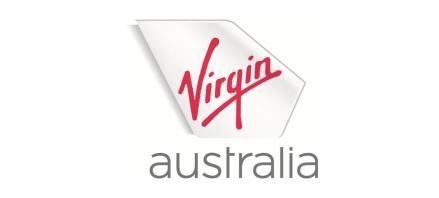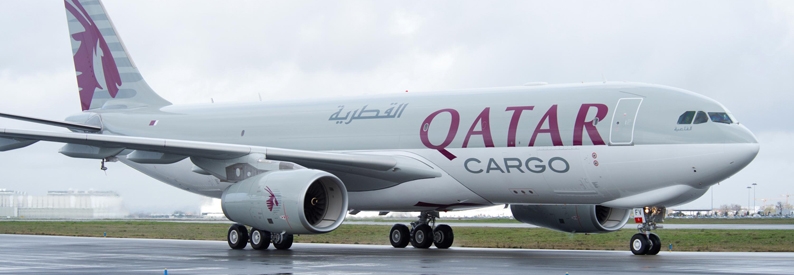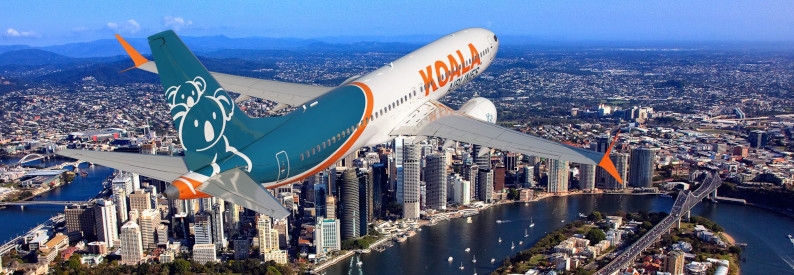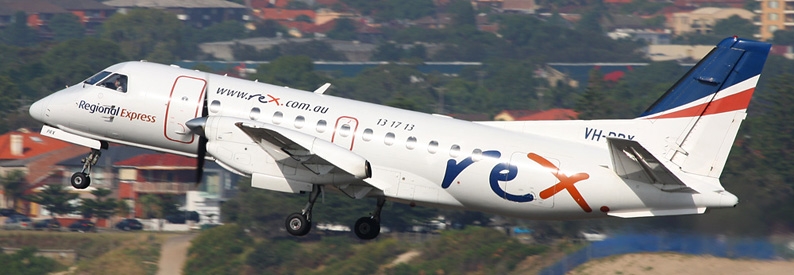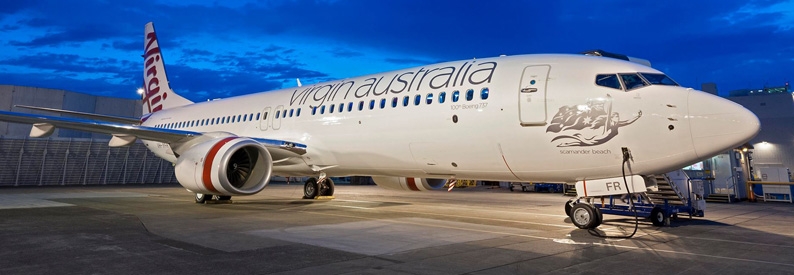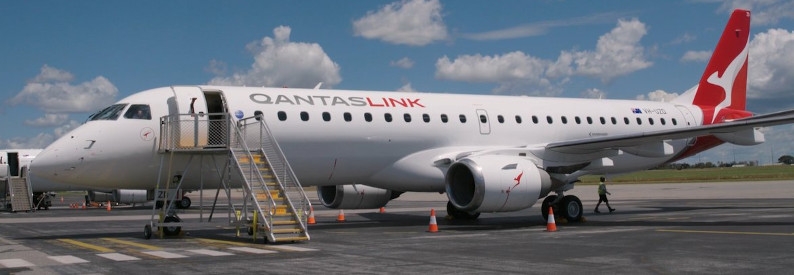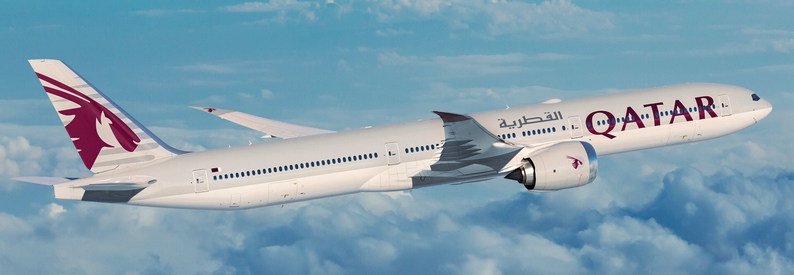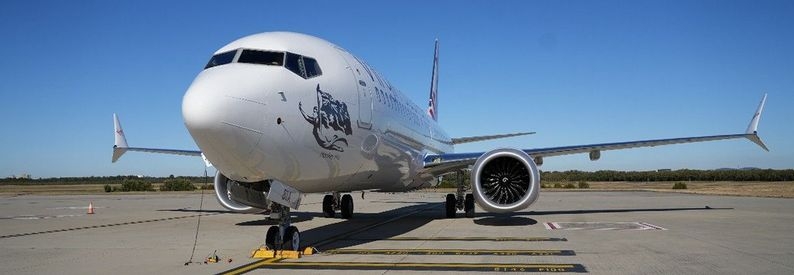Virgin Australia (VA, Brisbane International) is expected to relist on the Australian Stock Exchange by the end of June after institutional investors committed to covering the bulk of the planned AUD685 million Australian dollar (USD446 million) initial public offering that will see controlling shareholder Bain Capital and its partners reduce their stake to 40%.
A combination of ongoing strong domestic travel demand, a buoyant share price at domestic competitor Qantas (QF, Sydney Kingsford Smith), a professional and personable management team, and a major financial and operational alliance with Qatar Airways Group was enough to bring the big investment banks and superannuation funds on board for the IPO.
Investors will be offered 30.2% of the current 70.2% stake held by Bain Capital and its two investment partners, Virgin Group and Queensland Investment Corporation. After the IPO, Qatar Airways Group will own 23.4% of the airline, and Virgin Australia's management and staff will own the remaining 6.4%.
The IPO will see shares priced at AUD2.90 (USD1.89) each, according to the term sheet, or roughly seven times Virgin Australia's pro forma earnings for the 2025 fiscal year. It is a 30% discount to the current year multiple at Qantas and substantially less than the S&P/ASX200 multiple. Virgin Australia's expected underlying EBITDA for the current fiscal year (ending June 30) is AUD1.08 billion (USD700 million).
Bain Capital, along with two investment partners, acquired Virgin Australia in 2020 after it slid into voluntary administration, paying around AUD700 million (USD456 million) for the airline but also taking on debts of AUD5.15 billion (USD3.35 billion). Last year, the shareholders sold a 23% stake to Qatar Airways Group and inked a major strategic alliance with them. That alliance and the passenger traffic flows it will produce is one of the reasons investors liked the recent IPO sales pitch.
Investors also liked the style of the current Virgin management team, led by CEO Dave Emerson, CFO Race Strauss, and loyalty programme boss Nick Rohrlach. Former CEO Jayne Hrdlicka, who left the airline in March, was less of a hit with the bankers and brokers. However, she will reap benefits from the float.
In a series of meetings in recent weeks, Emerson and his team told investors there was still more work to do, but in the future the airline would focus on high-volume domestic flying and its Velocity frequent flyer scheme. Both generate generous profit margins. Virgin Australia aircraft flying international services will remain a small part of its business. Instead, it will tap into the Qatar alliance, including wet-leasing their aircraft.
Since buying Virgin Australia, Bain has extracted over AUD1 billion (USD650 million) in cash via a 2023 capital return and last year's share sale to Qatar. It will pocket the proceeds from the IPO and still be the airline's biggest shareholder. The private equity firm has agreed to hold onto that stake until the end of June 2026, after which it can sell 25% of its shareholding on the proviso the airline's share are trading at a 20% or more premium to the IPO price.
After the IPO, Virgin Australia's management and staff will be holding onto shares worth around AUD180 million (USD117 million) based on the IPO price. The bulk, AUD160 million (USD104 million), belongs to current and former management. Former CEO Jayne Hrdlicka is also expected to profit handsomely, given she did not sell her shares when she left the company. Hrdlicka was also instrumental in getting Virgin Australia IPO-ready. She has since become CEO of Endeavour Group, a major player in Australia's hotel and liquor industry.
June 7 is the deadline for bids for the available shares. All being well, Virgin Australia is expected to relist on June 26 with the ticker VGN.
